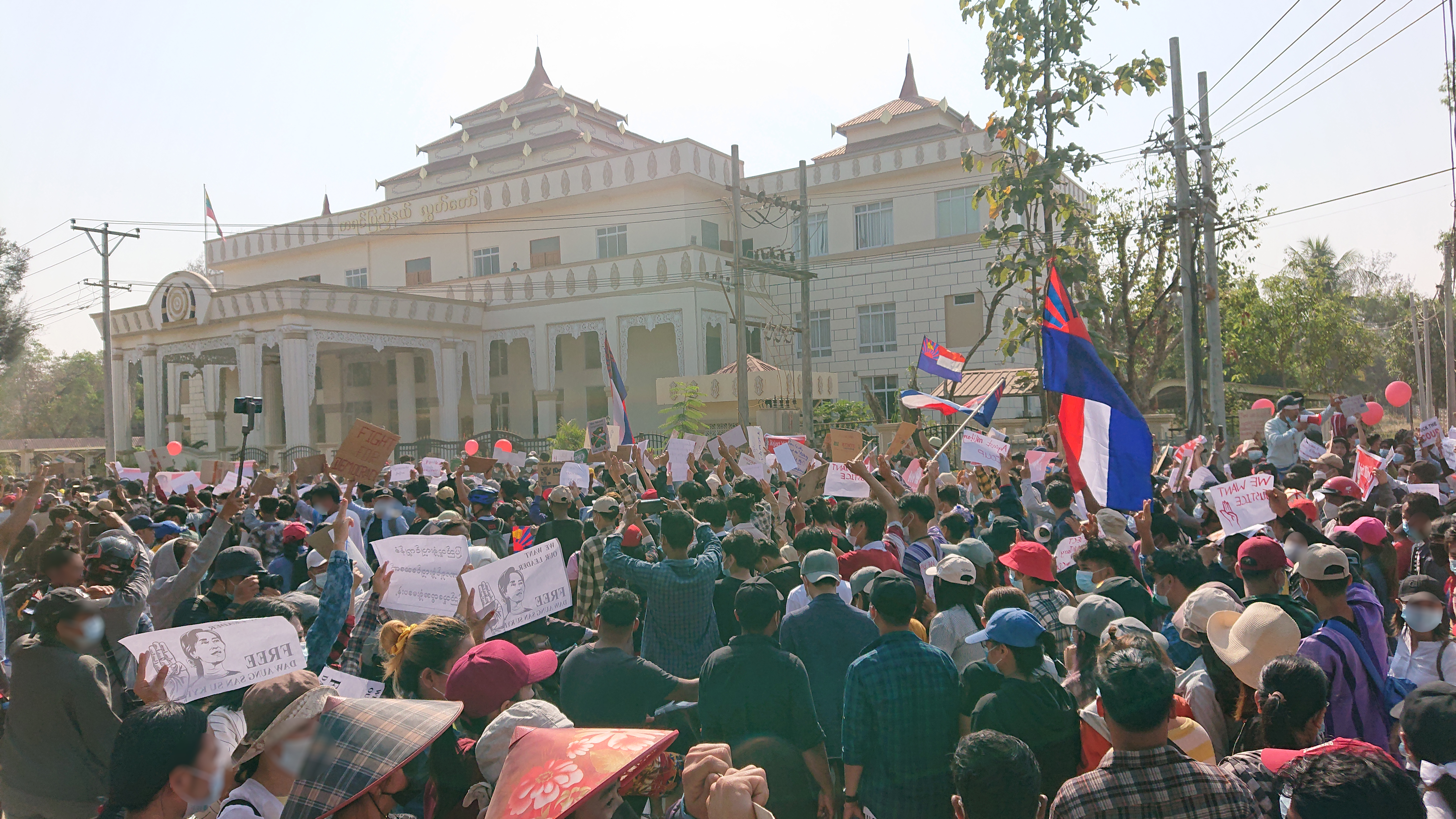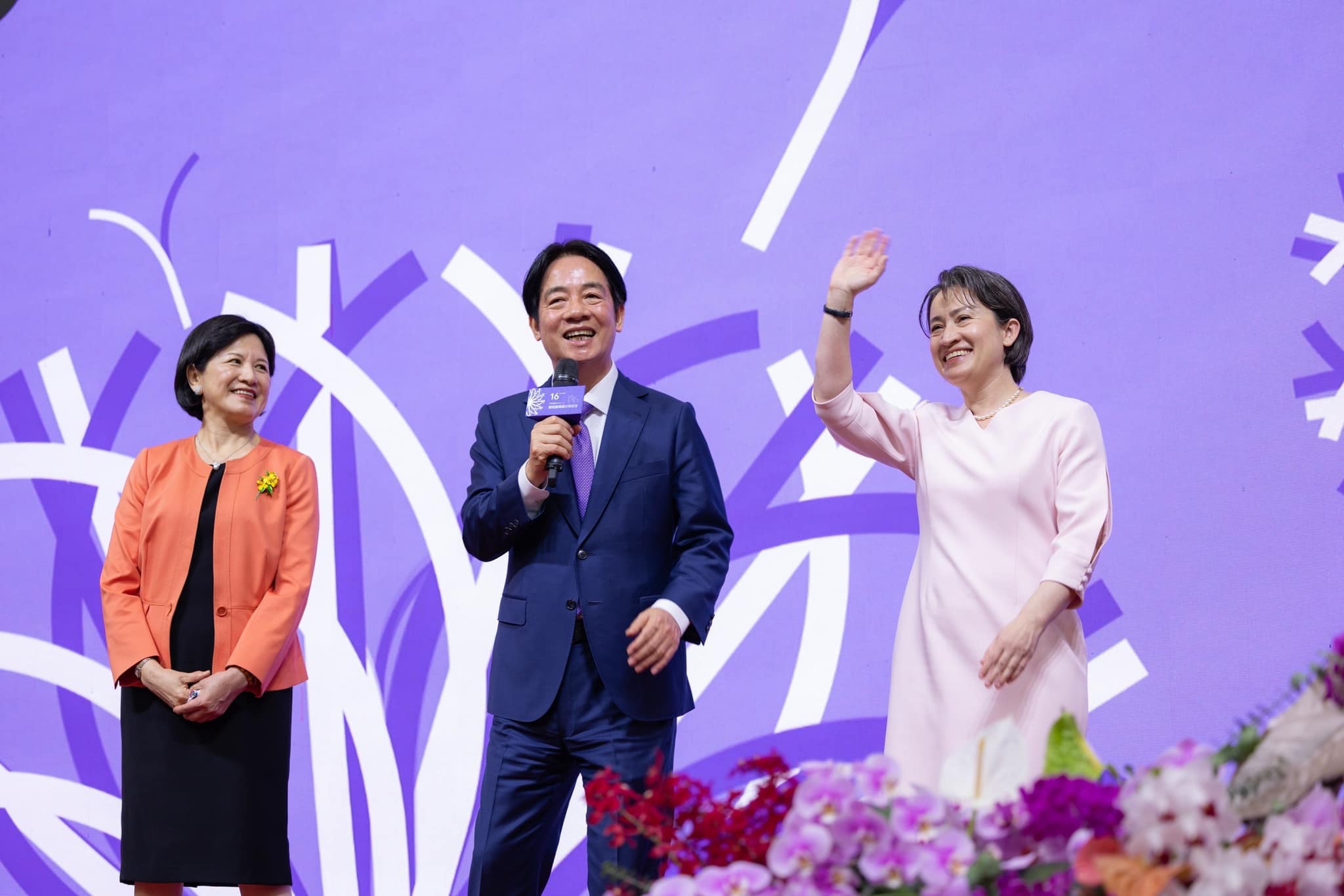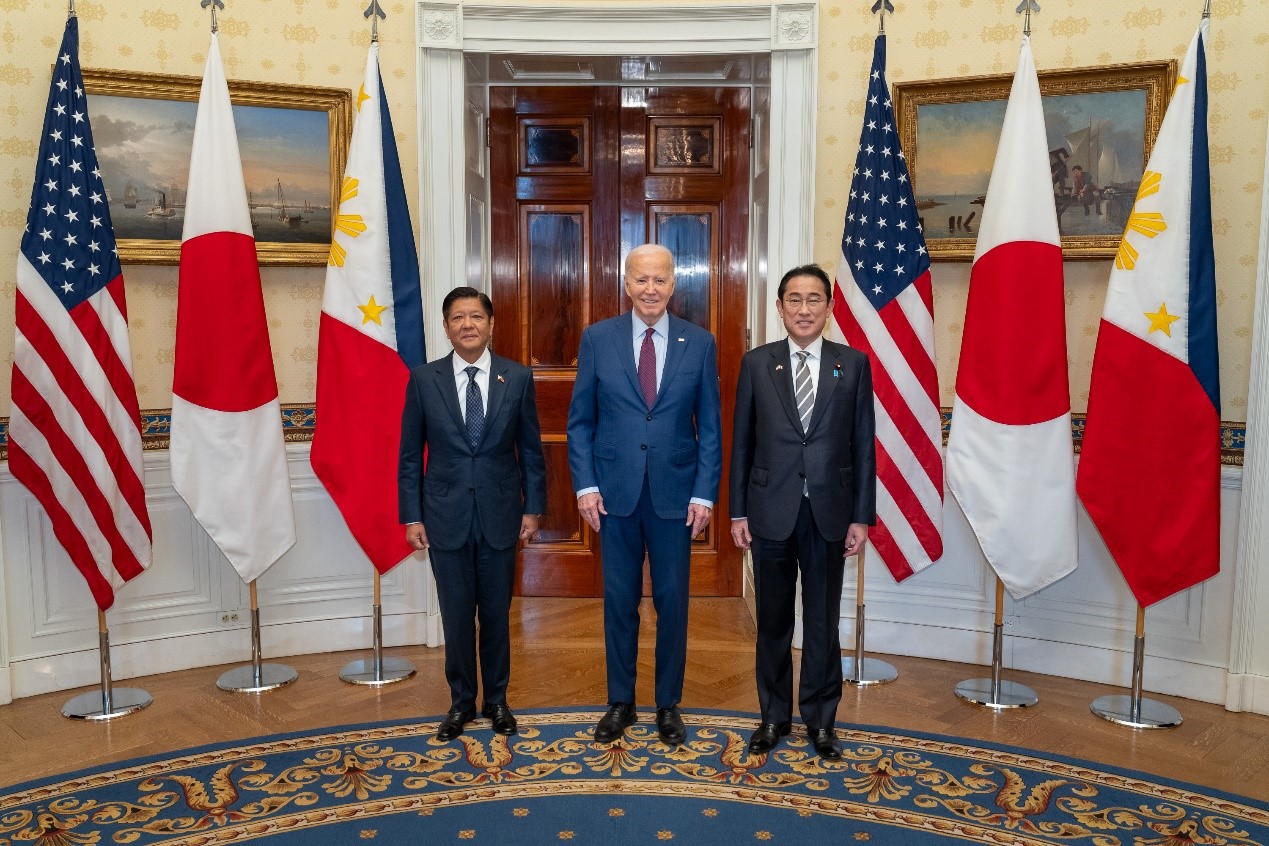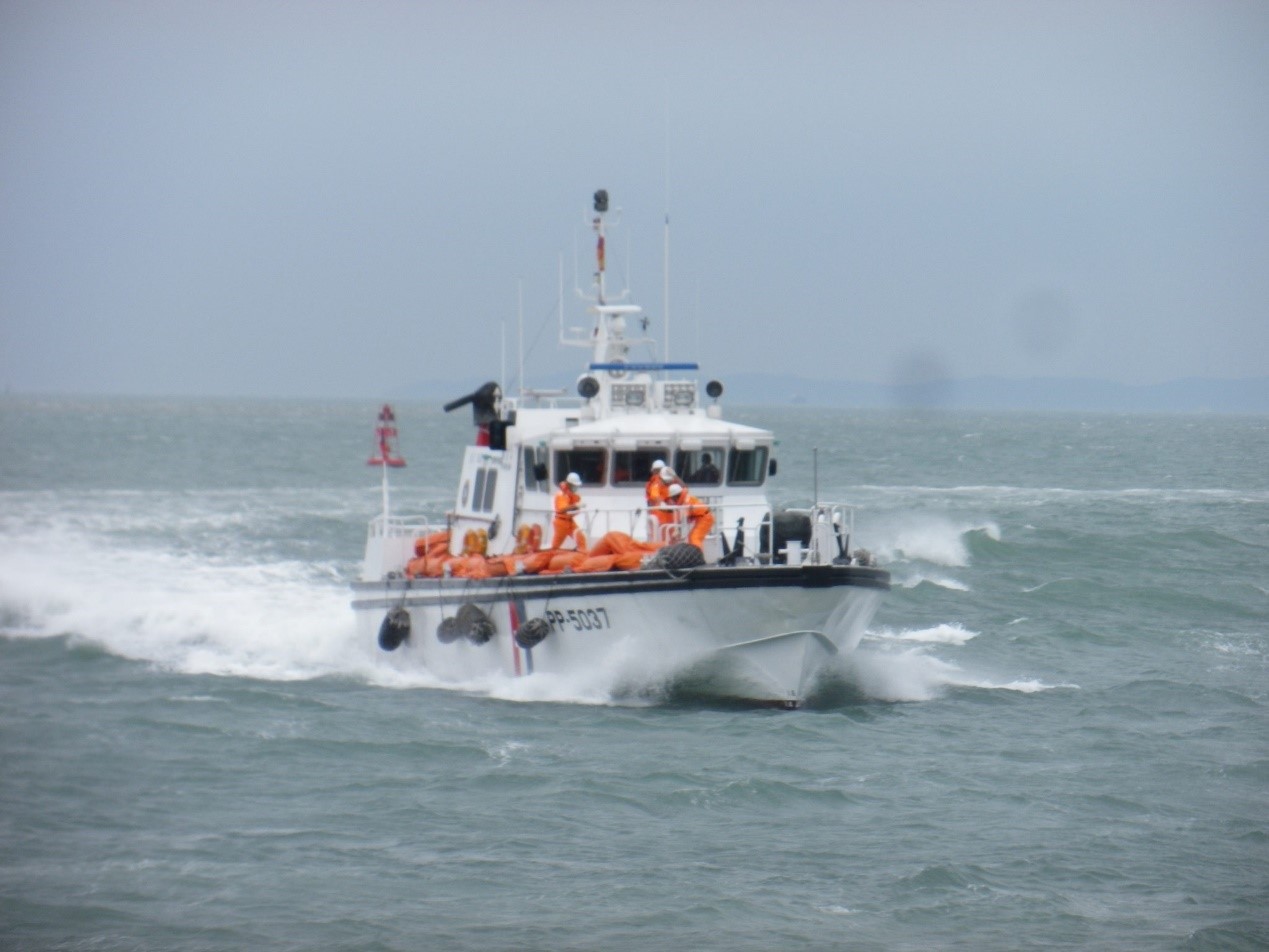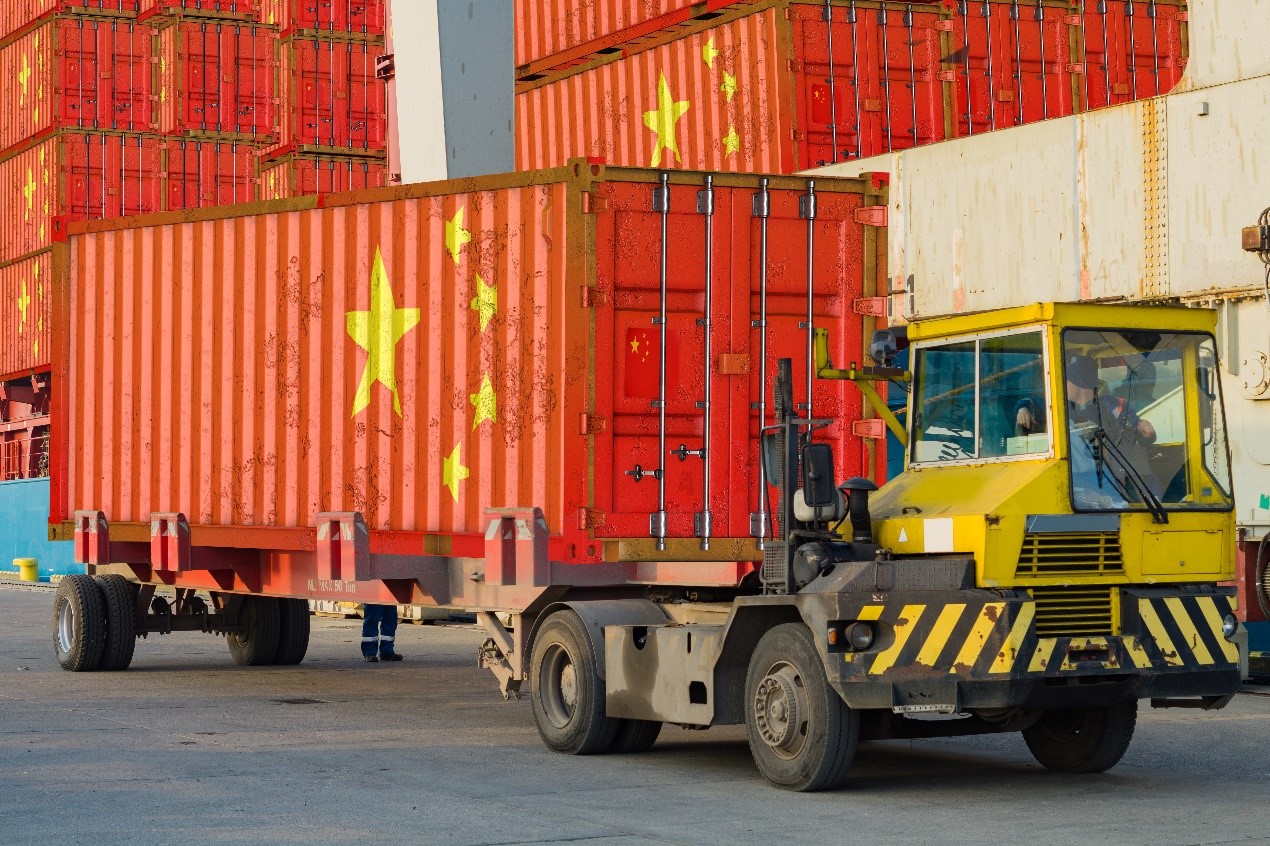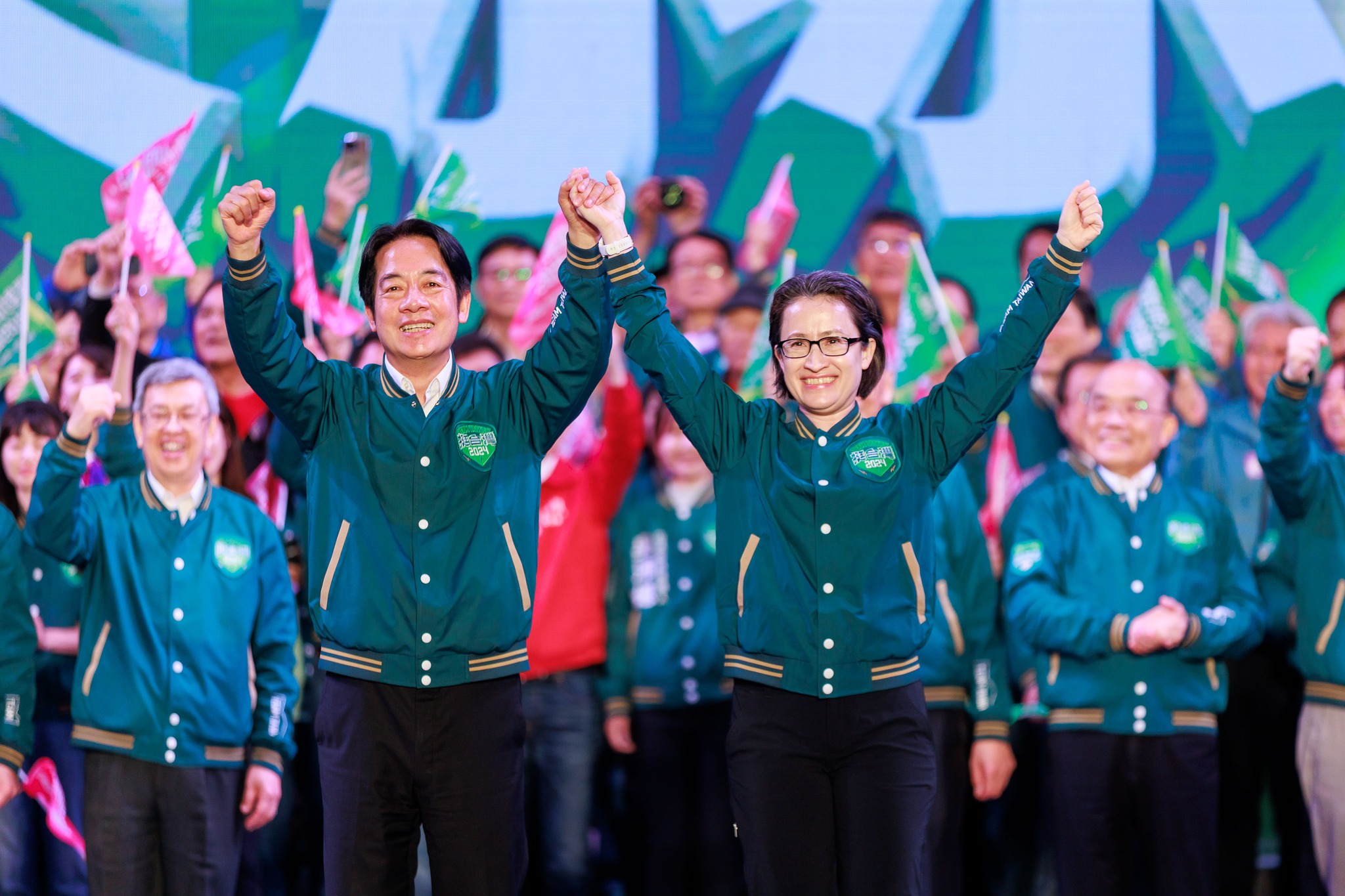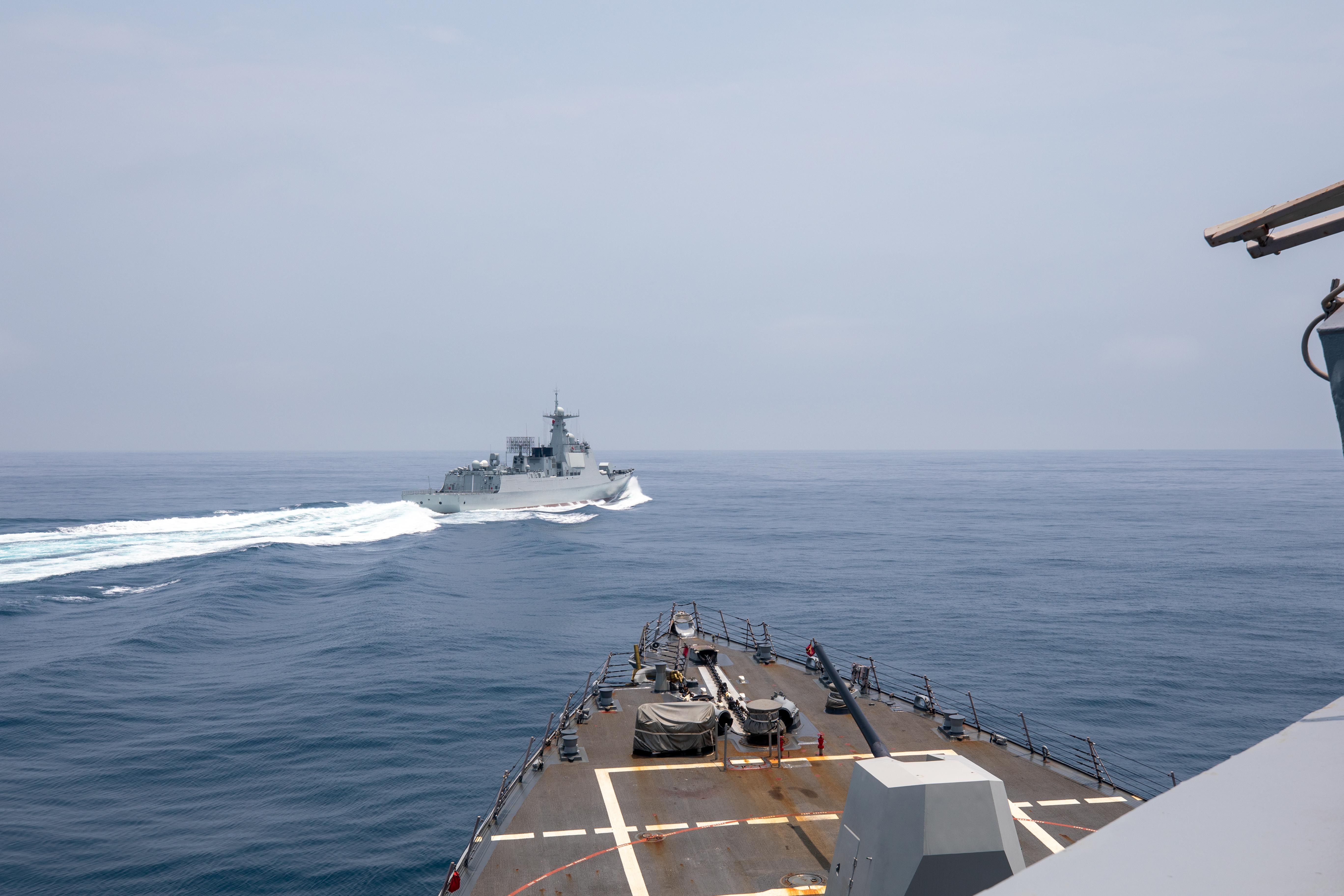The Coup Has Upended Myanmar’s Relations with Regional Partners and Taiwan
The February 2021 military coup in Myanmar has once again isolated Myanmar and returned the generals to a wary embrace of authoritarian partners in Moscow and Beijing. This reversal has major strategic implications for Myanmar’s neighbors as well as partners like Taiwan. Picture source: Ninjastrikers, “Protest against military coup in front of Kayin State Hluttaw,” Wikipedia, https://zh.wikipedia.org/wiki/2021%E5%B9%B4%E7%B7%AC%E7%94%B8%E8%BB%8D%E4%BA%8B%E6%94%BF%E8%AE%8A#/media/File:Protest_against_military_coup_(9_Feb_2021,_Hpa-An,_Kayin_State,_Myanmar)_(5).jpg
Prospects & Perspectives 2021 No. 61
The Coup Has Upended Myanmar’s Relations with Regional Partners and Taiwan
By Hunter Marston
November 30, 2021
The February 2021 military coup in Myanmar has reversed the country’s hard-fought democratic experiment and upended Naypyidaw’s international relations. Whereas foreign direct investment and new partnerships with western countries had surged in the years following democratic reforms, allowing the new government to shift away from its frustrating overreliance on China’s diplomatic and economic patronage, the coup has once again isolated Myanmar and returned the generals to a wary embrace of authoritarian partners in Moscow and Beijing. This reversal has major strategic implications for Myanmar’s neighbors as well as partners like Taiwan.
Regional Implications of the Coup and ASEAN’s Internal Crisis
The coup has put Myanmar’s neighbors in South and Southeast Asia in an extremely uncomfortable position, as instability threatens to bleed across the border in the form of COVID-19 infections, famine, humanitarian crises, insurgency, and illicit trade in narcotics such as methamphetamines. Varying reactions to the military’s coup d’état have also exposed underlying rifts within the Association of Southeast Asian Nations (ASEAN), which Myanmar joined in 1997. Generally speaking, ASEAN members have split along mainland-maritime and authoritarian-democratic lines. Maritime and democratic states like Indonesia, Malaysia, the Philippines and even Singapore have spoken out forcefully to denounce the coup, urge an end to violence by the Myanmar military (or tatmadaw), and call for a return to democracy. By contrast, Vietnam, Thailand, Laos and Cambodia have insisted that the coup is an internal affair or remained silent altogether.
In the weeks and months after the coup, ASEAN dithered, finally convening a foreign ministers meeting that included the Myanmar military’s representative Wunna Maung Lwin in March. The meeting produced a disappointing statement calling on “all parties” to exercise restraint and “refrain from instigating further violence.” Separately, Indonesia, Malaysia, the Philippines and Singapore called on the junta — now calling itself the State Administration Council (SAC) — to release elected leaders including Aung San Suu Kyi, the leader of Myanmar’s National League for Democracy which won the November 2020 election handily.
In April, ASEAN at last held a special summit on Myanmar in Jakarta, to which it invited senior general and coup leader Min Aung Hlaing but declined to include any representative from Myanmar’s National Unity Government (NUG), which formed in opposition to the coup and includes elected leaders from various political parties in Myanmar. The summit resulted in a Five Point Consensus, which called for dialogue between all parties and the appointment of a special envoy to work towards a diplomatic solution to end ongoing violence. However, ASEAN made no speedy moves to follow this summit with tangible progress, and it wasn’t until September that the grouping finally appointed a special envoy, choosing Bruneian diplomat Erywan Yusof for the position (Brunei being the 2021 ASEAN chair).
In October, ASEAN surprised skeptics by deciding to bar Min Aung Hlaing from attending the premier 38th ASEAN Summit and East Asia Summit including ASEAN dialogue partners in late October. Instead, ASEAN allowed for a “non-political representative” to attend the meetings. The junta declined to participate and objected to ASEAN’s abandonment of its “non-interference” policy. Despite this stronger response, the bloc has not been able to achieve even a baseline for diplomatic talks between the regime and NUG opponents. The junta has rejected special envoy Erywan’s request to meet with Suu Kyi and representatives from the civilian government. With Cambodia taking over ASEAN chairmanship for 2022, hopes of progress have dipped. Cambodian diplomats insist they will appoint their own special envoy to replace Brunei’s Erywan, and will utilize an “ad hoc taskforce” and “backdoor diplomacy” with Myanmar moving forward.
The United States and China have both endorsed ASEAN taking the lead in seeking a regional diplomatic solution to the crisis. This concordance in an otherwise increasingly zero-sum rivalry is encouraging insofar as it suggests the potential for great powers to corral support for international action on Myanmar. However, Beijing and Washington’s backing has yet to produce tangible momentum, and the Tatmadaw has only dug in further while continuing to kill innocent civilians. As of November 15, the Assistance Association for Political Prisoners estimates that the military has killed 1,265 civilians and arrested another 7,291.
US Policy Response
The Biden administration has denounced the coup and urged a return to democracy, while applying gradually stricter economic sanctions against the military, its economic interests, and immediate family members. The coup marks a significant step back in US-Myanmar relations, which had improved dramatically since the partial civilian government of Thein Sein took power in 2011 and reached an apex following Aung San Suu Kyi’s 2015 election. The military’s genocidal violence against the Rohingya Muslim minority group in 2016-2017 put a damper on relations, however, particularly after Suu Kyi defended the Tatmadaw’s use of violence. With Washington seemingly unwilling or unable to offer anything more than rhetorical condemnation and economic sanctions against the junta, US-Myanmar relations appear frozen for the foreseeable future.
Implications for Taiwan
The coup also poses a formidable barrier to Taiwan. Though Naypyidaw has never recognized Taiwan (it was the first non-communist country in Asia to extend diplomatic recognition to the People’s Republic of China in 1950), the Tsai Ing-wen government had managed with some success to forge political and economic links with Myanmar in recent years. As part of President Tsai’s ambitious New Southbound Policy, Taipei has deepened Taiwan’s partnerships, trade and investment links, and people-to-people ties in South and Southeast Asia. In 2016 Taiwan established a Taipei Economic and Cultural Office (TECO) in Yangon, serving as an unofficial embassy. In the next two years, bilateral trade increased five-fold to $343 million (a mere rounding error compared to China’s billions of dollars in trade with Myanmar) with investment topping $356 million (Singapore and China have each poured more than $20 billion in cumulative foreign direct investment into Myanmar). With China now consolidating its influence as Myanmar’s isolation deepens after the coup, Taiwan’s limited business and cultural ties are at risk of drying up. In fact, Taiwan businesses have been confused for Chinese businesses and attracted the attention of angry protesters in Myanmar, who blame Beijing for supporting the coup. Worse yet, Naypyidaw has pledged to support Beijing’s “One China principle” with respect to Hong Kong and Taiwan, which Beijing views as “an inalienable part of China’s territory.” Concerted Chinese diplomacy has elevated the bilateral relationship to the level of comprehensive strategic cooperative partnership, and the two sides have celebrated their historic friendship during recent visits by Chinese leaders.
For Taiwan, therefore, Myanmar’s military coup threatens more than just business interests. The coup has upended Myanmar’s international partnerships — with the West, its fellow ASEAN members, as well as Taiwan — and brought about a return to an authoritarian outlook conducive to the PRC’s global agenda. The State Administration Council’s increased dependence on Beijing for diplomatic protection, as well as Chinese investment to keep the country’s collapsing economy afloat, entail political concessions with vital geostrategic implications for Taipei. The Myanmar military’s willingness to take Beijing’s line on Hong Kong and Taiwan’s sovereignty represents a major liability to the latter’s security and autonomy.
(Hunter Marston is PhD candidate, Department of International Relations, Australian National University)


